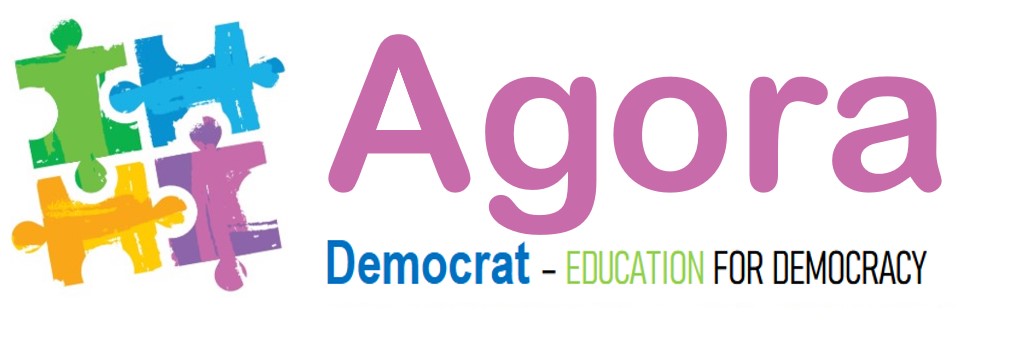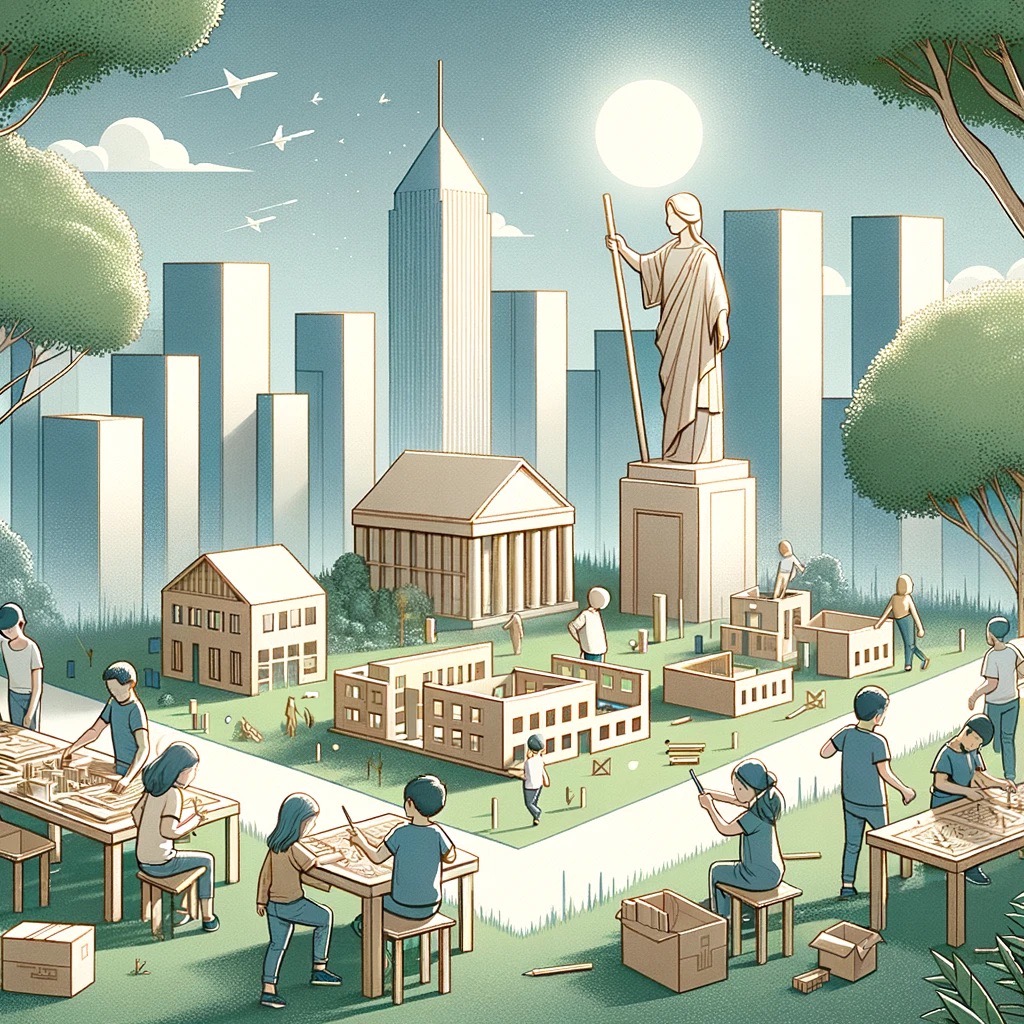Written by Beatriz Toscano (part of the German National team)
Since its inception, Phenomenology has aimed to strip away layers of historical interpretation that obscure our understanding, aiming to reveal issues in their most basic and unadulterated form. Philosophy has had to work to unveil the most pressing problems of human existence as if they were science. As any good chemistry experiment has had to depart from distilled water, so too have philosophical inquiries had to be brought to a zero point of untarnished clarity. Husserl and his contemporaries believed that the excesses of the psyche and subjectivity have complicated our understanding of essential human dilemmas, necessitating a return to a more direct and untarnished approach to this clarity.
The tracing of phrases back to their supposedly original and unadulterated origins has since been preserved in popular culture as a longing, and even a delusion of our time. Applying this principle to society’s complexities, such as democracy, by simplifying them for children’s understanding, exemplifies this trend. By removing democracy’s “obscuring” layers and exposing it in what is assumed to be its pure form to children, we seek to understand its essence. However, this narrative often ends in a cautionary tale of innocence lost to authoritarianism, as seen in allegories such as Animal Farm by George Orwell.
The Kinderstadt or Ottopia project in Magdeburg, Germany, embodies this exploration. It allows children to construct a societal model from the ground up, echoing the pioneers of Qatan. Is democracy humanity’s natural state? Do systems built by the so-called innocent lead to more just and equal societies, or do they devolve into selfishness and corruption? Ottopia offers a playground for these experiments, with children experiencing governance firsthand.
As reported by The Taz, in Ottopia, children take the helm, engaging in activities from overthrowing a monarch to addressing labor shortages. Ottopia took place for the second time in August 2023 on the grounds of the European Youth Education Center in Magdeburg. For two weeks, up to 450 children were able to work in around 40 professions, found start-ups, learn at the children’s university, and govern the city. However, governance in Ottopia is not without guidance; a king outlines decision-making processes, including campaigns and community health initiatives.
But why would we think that learning democracy is about starting from scratch and less about precisely, throwing oneself in the muddy swamp of history, struggles, and conflicts? Ottopia presents a specific vision of democracy, perhaps losing sight of the broader historical narratives that shape our understanding of governance. The project’s growing popularity suggests a fascination with experiencing democracy in a controlled environment, yet it raises concerns about whether such simulations can truly capture the essence of democratic engagement.
A critical observation, not fully addressed in the article (see below in German), is the importance of exposing children to the full spectrum of human experience, including their capacity for empathy and generosity as well as their potential for darkness. This acknowledgment of the human condition, with all its flaws and virtues, is essential for a comprehensive understanding of democracy and our place within it.
Commentary on
https://taz.de/Demokratie-lernen/!5878876/
[Katja Hensel, 12. Sept. 2022]


Leave a Reply